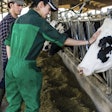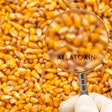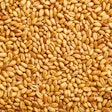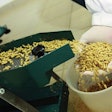
In one of my regular visits to my general medicine doctor, we discussed the many different cures offered for the same ailment by different doctors. He said that in his profession, they have a golden rule, in that only one doctor cures. In other words, many experts can offer their opinion and contribute in their field, but there needs to be a head doctor who has the full image of the patient and makes the final decisions — not unlike what happens with livestock nutrition and the many nutritional products on the market.
There are no good or bad formulas — only formulas that work (or not) for the specific reason they have been designed.
Quite often I have to review a formula (or two) that needs updating. I always ask the three “W” of why, who and when as I need to know the background of the initial formula design or concept. In most cases, I am (not) surprised to find out that such formulas no longer work and that many products, ideas and concepts have been applied during different periods of time by different good-willed professionals. I will not disagree, but who is keeping in mind the original concept of the formula? Was it made to be a general marketable product, an in-house feed or a nutritional supplement destined for a certain market?
Examples abound! I have found heavy feed antioxidant supplementation used in formulas that are made in Canada and are to be consumed within days of manufacturing. Or, I have seen products with zinc oxide being offered at the wrong ages, or objectionable fishmeal offered at too early a stage. Not to mention, those formulas that contain so many additives are practically pricing themselves out of any reasonable competition in the market. As one colleague once told me, there are no good or bad formulas — only formulas that work (or not) for the specific reason they have been designed. Quite often we forget this reason as we get easily distracted by marketing, competition, innovation, etc. So, a very good question for today is asking your team: Who is guarding the original idea of your feeds?


















